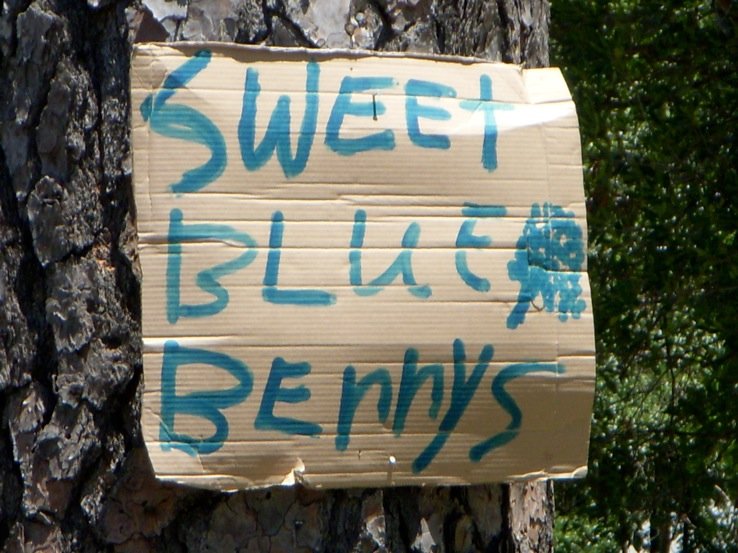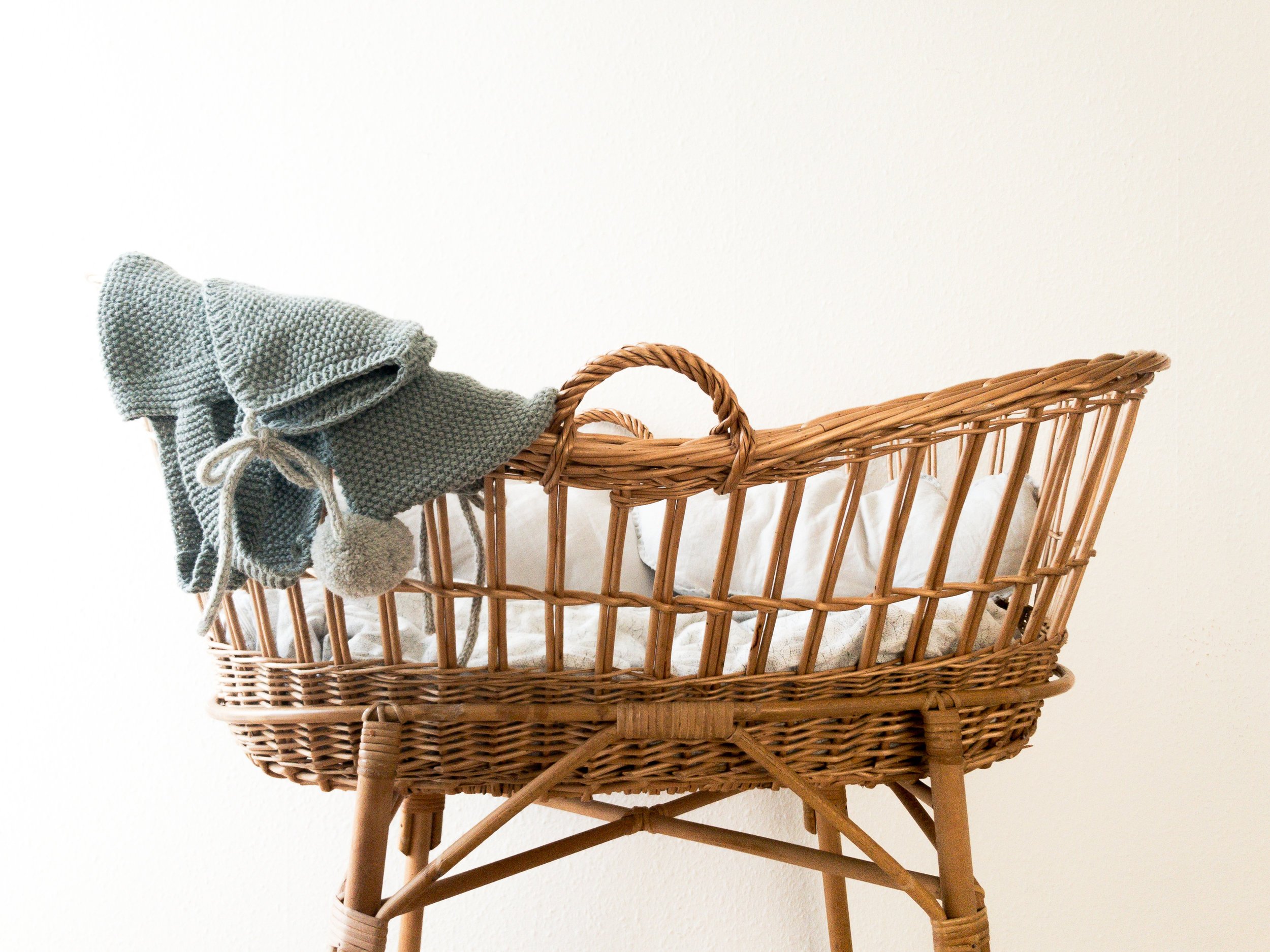Welcome to my blog,
(which is no longer in chronological order, so the times and events don’t quite make sense. But they all happened exactly as they’re written.)
It’s not all about friendship and hard times. There’s a “Fun” category, humor being essential to joy, and my favorite to write, “Reflections.” Comment and contribute!

UCLA Study on Reversing Memory Loss
Yesterday I was speaking by phone with a tech support person, and he mentioned that his father had died of Alzheimer’s. This often happens to me when I need help figuring out my website: Technicians or developers see the topic of my book and inevitably say they know someone who’s suffering from or has died of the disease. He has been forgetting words lately, he continued, and worries about himself. Don’t we all, those of us on the cusp of late middle age? You scramble to justify patches of mental fog: It’s stress, lack of sleep or too much sleep, and so on. But lurking just beneath those comforting rationalizations is the fear of an insidious demise occurring within our brains. Most of us are more afraid of Alzheimer’s disease than we are of cancer.

Blueberries and Brain Health
. . . The chemicals in blueberries helped protect the brains of rats mechanically plunged into a demented state by Tufts researchers, probably wielding very tiny instruments. The rats who ate blueberries still found their way through mazes. The ones that didn’t, didn’t. A 2007 (but still relevant) Neuroscience Press Conference in San Diego featured side by side slides of cortical neurons in aged rats fed a blueberry enriched diet and rats fed regular rat food. It requires nothing more than normal vision to see the difference.

Crack Nuts
This morning I discovered that ground walnuts are not good in grits. But neither, for northern readers, is maple syrup. Grits are good with butter and red-eye gravy. Walnut oil, however, when mixed with apple cider vinegar, a dash of Dijon mustard, and whatever fresh herbs you have on hand makes a terrific salad dressing.

Brain Healthy Chocolate Chip Cookies
I’ve been coming across information lately (not all posted by the coconut industry) about the brain benefits of non-hydrogenated coconut oil. Dr. Mary Newport has one of the most compelling personal stories. She discovered coconut oil while on a personal mission to help her husband, diagnosed with early-onset Alzheimer’s disease, and has written a book: Alzheimer's Disease: What If There Was a Cure? The Story of Ketones.

Training Your Brain to Want to Be Healthy
A widening stream of credible research is making the connection between diet, exercise, and Alzheimer’s disease. The idea that we can perhaps delay or prevent the whole terrible process of cognitive collapse is comforting and should be compelling. So why isn’t it, for us Americans, struggling as we are with the physical consequences of a less-than-optimum diet? Why aren’t we all eating mainly organic vegetables and fruits, healthy fats, walnuts and almonds, non contaminated fish, unsweetened yogurt and other healthy foods? Why are we still reaching for the cheese puffs, microwave popcorn, soft drinks, packaged cookies, and chicken nuggets?

Anticholinergics
If you are elderly or advocating for someone who is, you should know the term anticholinergic. Anticholinergics are drugs which block the neurotransmitter acetylcholine. As neurotransmitters go, acetylcholine is a big player in the ability to form new memories. Most of us in the world of Alzheimer’s disease are familiar with the small handful of drugs currently available to treat it.

A Brain Healthy Shake
For this blog, I’m posting the 'recipe' for the shake I drink for lunch, since a few people have emailed for more specific information than I gave in my December 15th blog (see the thumbnail photo of French fries). This blog was based on a Harvard/Tufts study in which people were coached into craving bran cereal and cardboard chicken.

For Chocolate Lovers
In the past few years, researchers have been investigating the possible link between dark chocolate and a reduced risk of dementia and other health hazards. I need not point out that this is glorious news for the chocolate fanatics among us. Consider, too, the example of Jean Calment of France, who outlived two reverse mortgages.

When You Have a Baby, and Your Friend Doesn’t
New parents are understandably smitten with their offspring and overwhelmed by the responsibilities of caring for a dependent, helpless, miraculous being. Life has been changed forever, mainly in a wonderful way. A baby fills a parent’s time and thoughts so completely, there is little else to talk about, and adds—as one of my friends put it after the birth of her first baby—a whole new dimension of love to your life. You want to share the experience with your friends. Most of these friends can relate because they are themselves parents.

“I’m pregnant!” How to Tell a Friend Who’s Struggling with Infertility
One of my best friends met someone on a blind date, courted for a year or so, married, bought and remodeled a house, got pregnant (twice) and gave birth (twice), all while I plodded, month after month, through more than 60 months of infertility treatments. When you’re in the throes of infertility, you live in fear of yet another friend’s pregnancy. Not only will you feel your own lack more sharply, you realize a valued relationship—based, as friendships are, on common ground—will inevitably be strained. You are now in different worlds. You want to share this extraordinary time in your friend’s life, but you can’t bear to talk about the heartbeat, the baby kicking, the birth and those first messy attempts with applesauce.

Miscarriage: What Not to Say
I miscarried my only pregnancy when I was 41 and finally pregnant, after five years of humiliating, sometimes painful, questionably dangerous and always expensive infertility treatments. For the IVF that resulted in this pregnancy, my husband and I had flown to a clinic 3000 miles from home, and his sperm were mechanically injected into my eggs to make five viable embryos, each dividing like perfect soap bubbles in a petri dish.

Passages from “The Inherited War”
My father was a Vietnam vet and a double amputee, and The Inherited War is a collection of stories from our lives together. My intention in writing about it is to tell how the Vietnam War affected my dad and how he, in turn, affected his family. It’s my father’s story, seen through my eyes; it’s also the story of my life, in which my dad is a principal character.

PTSD, Matt’s Story
My dad was a disabled Vietnam vet. He was bound to a wheelchair, having lost his legs in a double claymore mine blast somewhere in the jungles of Cambodia. Even though his physical wounds were obvious, as a child I never thought of him as disabled. He drove a pick-up truck with hand controls, hunted and fished, drove an ATV, mowed our grass and did chores around the house. He was a carpenter, a welder and a gunsmith. He could find a way to do anything he wanted to do.

Steady Steps Forward
Given the turbulent nature of planet earth these past few years, you may not be surprised to learn that anxiety and other mental health disorders are on the rise. To counter this, it’s important that we make changes in our lives. Taking control of your mindset is a challenge, but it’s also a necessary step if you want to prevent panic attacks and other symptoms from disrupting your routine and plans for the future.

Help a Friend Through Chronic Illness
Chronic health issues affect millions of Americans every year, and while there are some lifestyle changes that can help lessen the effects, chronic conditions can touch many parts of life and create multiple challenges. If you have a friend who is suffering from a chronic illness, there are several simple but unique ways you can help them get through the pain, discomfort, and stress. There are many online resources that can assist you and your friend or loved one along the way, including the blog posts at The All-Weather Friend. Not only that, you can make some changes in your own life that will allow you to be more supportive.

Chronic Illness, My Story
It’s March as I write this, and we’re having an early spring. I want to be outside, digging in the earth or hiking a trail, among the green buds and gentle warmth. But I’m confined to my deck and learning again to enjoy spring by observing and being rather than doing. I remind myself that it’s important to balance ‘being’ with ‘doing’ and that this medical relapse gives me such an opportunity.